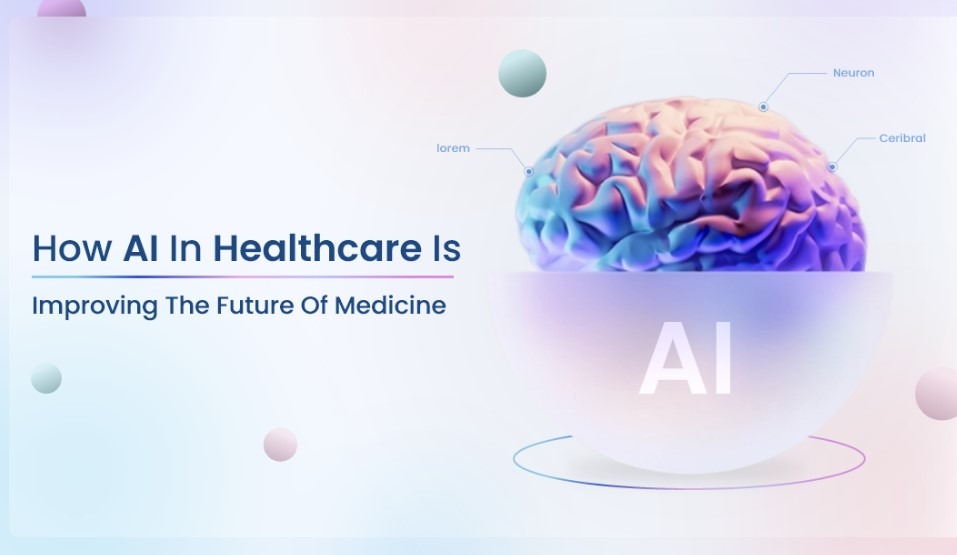AI and Healthcare: Diagnosing the Future of Medicine

Heading
The intersection of Artificial Intelligence (AI) and healthcare is one of the most promising frontiers in medicine. AI’s potential to transform healthcare is vast, from improving patient outcomes to creating efficiencies in medical processes. As we look to the future, AI is poised to become an integral part of diagnosing, treating, and preventing diseases.
Revolutionizing Diagnostics
AI algorithms are increasingly used for diagnostic purposes. They can analyze medical images, such as X-rays and MRIs, with a level of precision and speed unattainable by human radiologists. This not only speeds up the diagnostic process but also increases its accuracy, leading to better patient care.
Personalized Medicine
One of the most exciting applications of AI in healthcare is in the development of personalized medicine. By analyzing a patient’s genetic makeup, AI can help predict how they will respond to certain treatments, allowing for customized therapy plans that are more effective and have fewer side effects.
Predictive Analytics
Predictive analytics is another area where AI shines. By sifting through vast amounts of patient data, AI can identify patterns that may indicate the onset of conditions such as heart disease or diabetes, enabling early intervention and better management of chronic diseases.
Enhancing Drug Discovery
The drug discovery process is notoriously long and costly. AI can streamline this process by simulating and analyzing the interactions between drugs and biological systems, significantly reducing the time and expense involved in bringing new drugs to market.
Robotic Surgery
In the operating room, robotic surgery systems are becoming more prevalent. These systems, powered by AI, offer greater precision and control, leading to less invasive procedures, reduced recovery times, and improved surgical outcomes.
Ethical and Privacy Concerns
While the benefits of AI in healthcare are clear, there are also significant ethical and privacy concerns. The use of patient data must be handled with the utmost care to protect privacy and ensure that AI systems are free from biases that could lead to unequal treatment.
Conclusion
AI is not just changing the face of healthcare; it is reshaping the very foundations upon which medicine is practiced. As AI continues to evolve, it promises to enhance the capabilities of healthcare professionals and improve the lives of patients around the world. The future of medicine is not just about what diseases we can cure but how we approach the very concept of healing.
I hope this article provides a comprehensive look at the role of AI in shaping the future of healthcare. If you need further information or any adjustments, please let me know!


